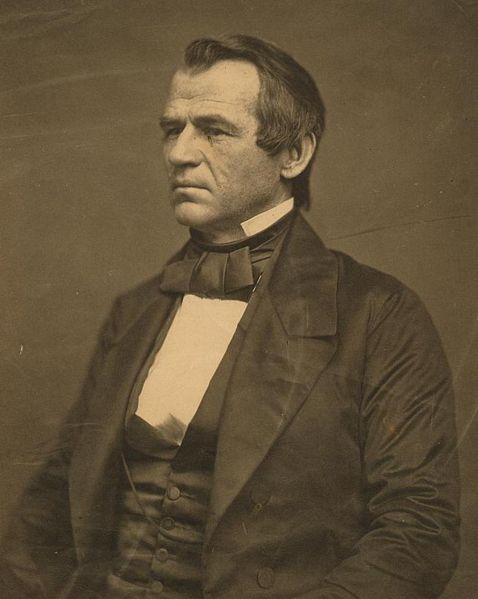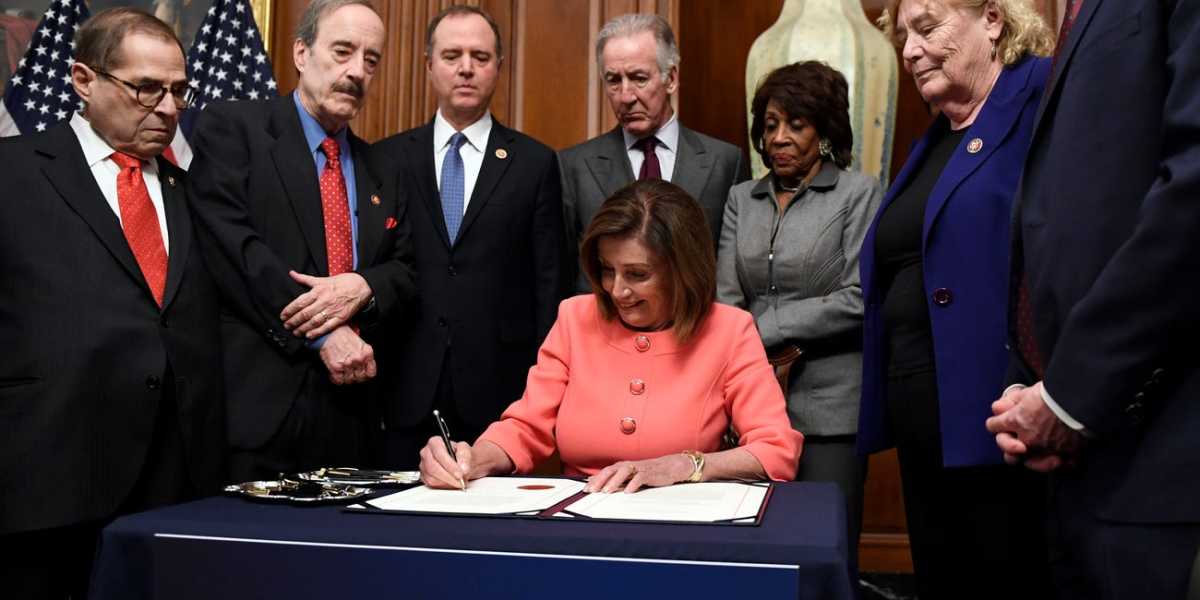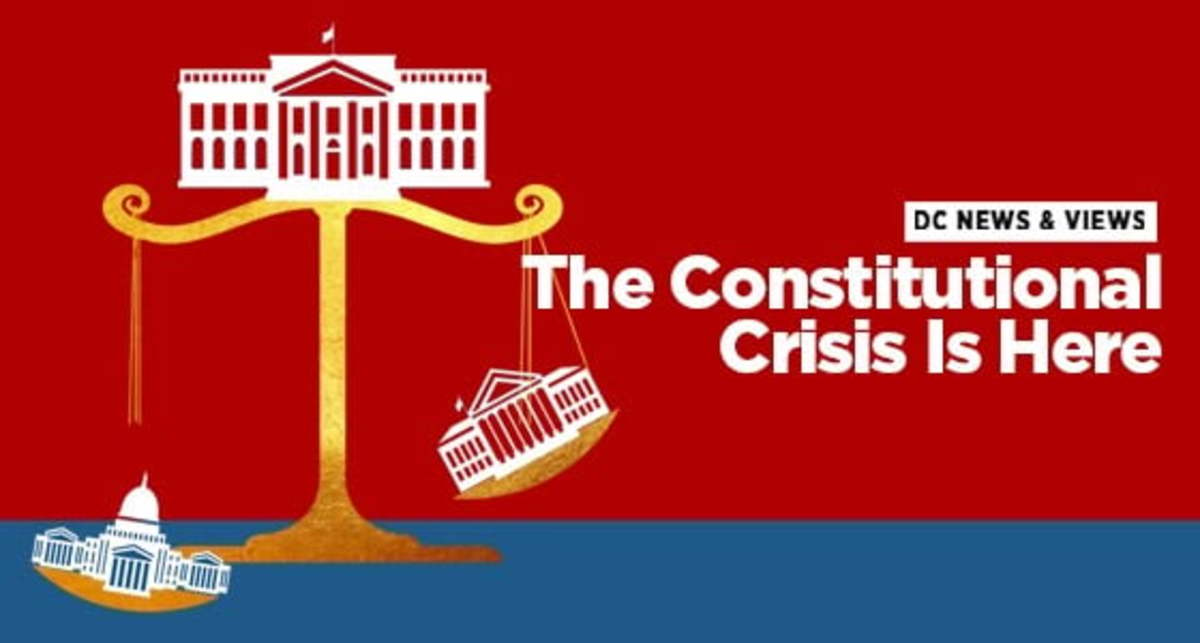- HubPages»
- Education and Science»
- History & Archaeology»
- History of the Americas
Why Was Andrew Johnson Impeached?

Who is Andrew Johnson?
Andrew Johnson became the 17th president of the United States of America when he succeeded Abraham "Abe" Lincoln following the latter's assassination by John Wilkes Booth in April 14, 1865. President Andrew Johnson left a mark in the nation's history as the first US president impeached by the US Congress. Andrew Johnson's impeachment was politically motivated for the most part, resulting from the clash of beliefs and intense struggle for power between him and the Republican-dominated Congress during the reconstruction period following the American Civil War.
What Was the Impeachment of Andrew Johnson All About?
After the bloody, infamous American Civil War, a still-struggling nation was in the midst of a reunification turmoil. The Republicans, also known as the "Radical Republicans" and who dominated Congress at that time, wanted to impose harsh guidelines against the defeated southern Confederate states who wanted to be admitted back into the Union. This contrasted with President Andrew Johnson’s stance which aimed to establish lenient policies that will allow the defeated secessionist states to join the Union in a seamless manner as possible.
The rift between the Congress and President Andrew Johnson became more apparent when several Congressional legislation, including post-war reconstruction legislation, were vetoed by the President, including a bill that called for the enactment of the "Civil Rights Act of 1886", a law which prohibited discrimination based on race, gender, religion, color, ancestry, and ethnicity. However, Congress was able to garner enough votes from its members (about 2/3 majority) to override the veto of the President when the said bill was passed the second time in 1886.
Congress Voting 126 - 47 To Impeach Andrew Johnson
The real break for the Radical Republicans arose when Andrew Johnson fired Edward Stanton, then the Secretary of War, from the cabinet without seeking Congressional approval. This, according to the opposition stalwarts in Congress, was in gross violation of the Tenure of Office Act, an act which stated that the president cannot remove or dismiss any appointed official without the concurrence of the United States Congress. However, Andrew Johnson dismissed the claims of Congress in relation to his “unconstitutional” firing of Edward Stanton, claiming himself that the Tenure of Office Act is unconstitutional by itself, and he wanted to have the courts determine whether the Act was unconstitutional or not.
The Republican-controlled Congress went ahead and voted to impeach Andrew Johnson 126 - 47 in February 24, 1868, stating in the Articles of Impeachment, among other charges, the unlawful act of the president in firing Edward Stanton. The Senate voted 35 - 19 to find the President guilty of the charges; however, this was still one vote shy of the two-thirds needed to convict the President and remove him from office. Such being the case, Andrew Johnson remained in office until the end of his term.
Note: Although impeachment is a democratic process in its technical sense, it’s actually more of a political exercise wherein partisan voting numbers are the ones that matter the most. When an official is impeached, it doesn’t mean that he or she is already removed from the office, what it means is that the official is just indicted for his alleged wrongdoings and as such, should face trial in the Senate whose members are convened as jurors with the US Chief Justice sitting as the presiding judge.








